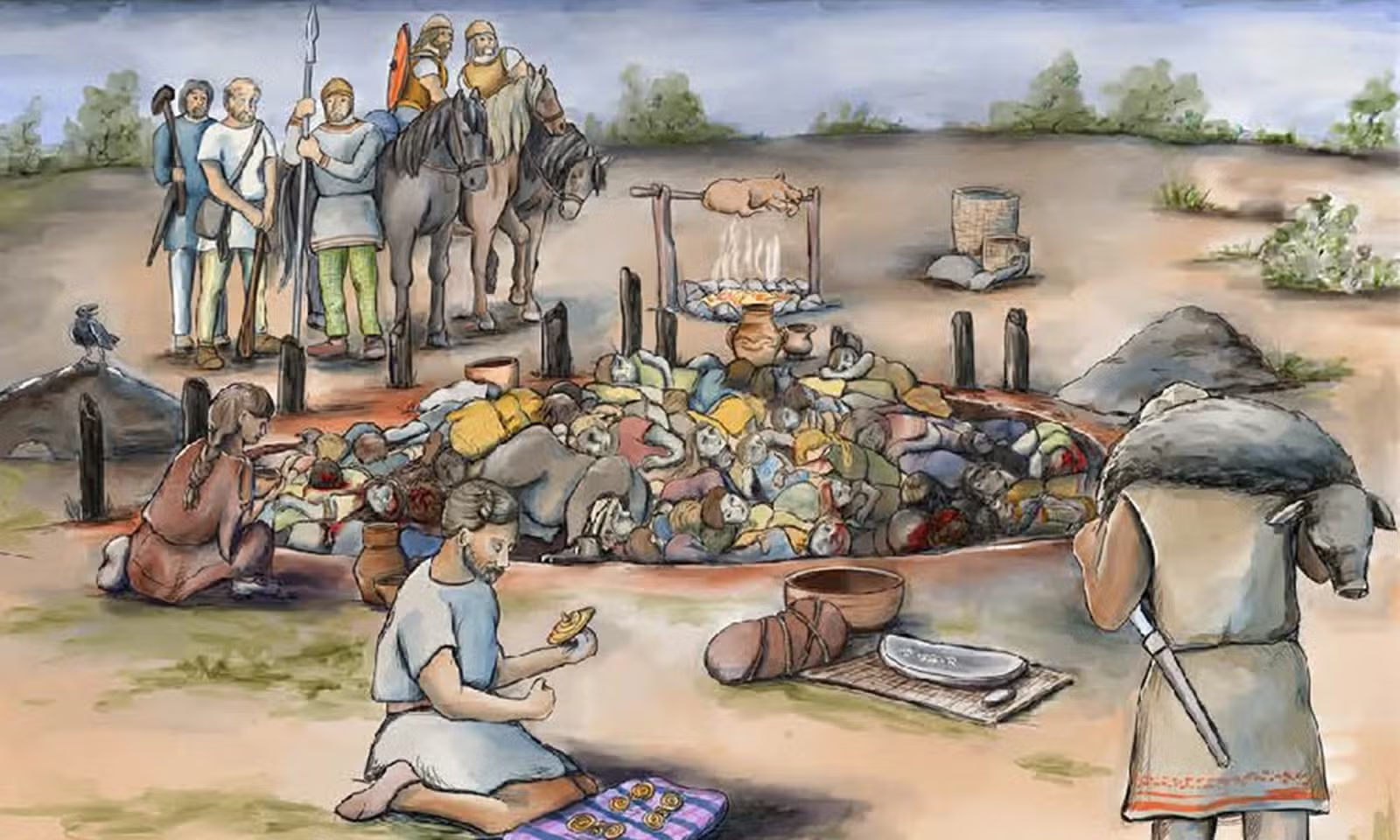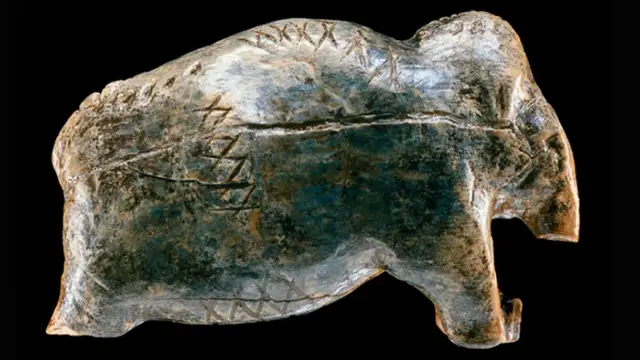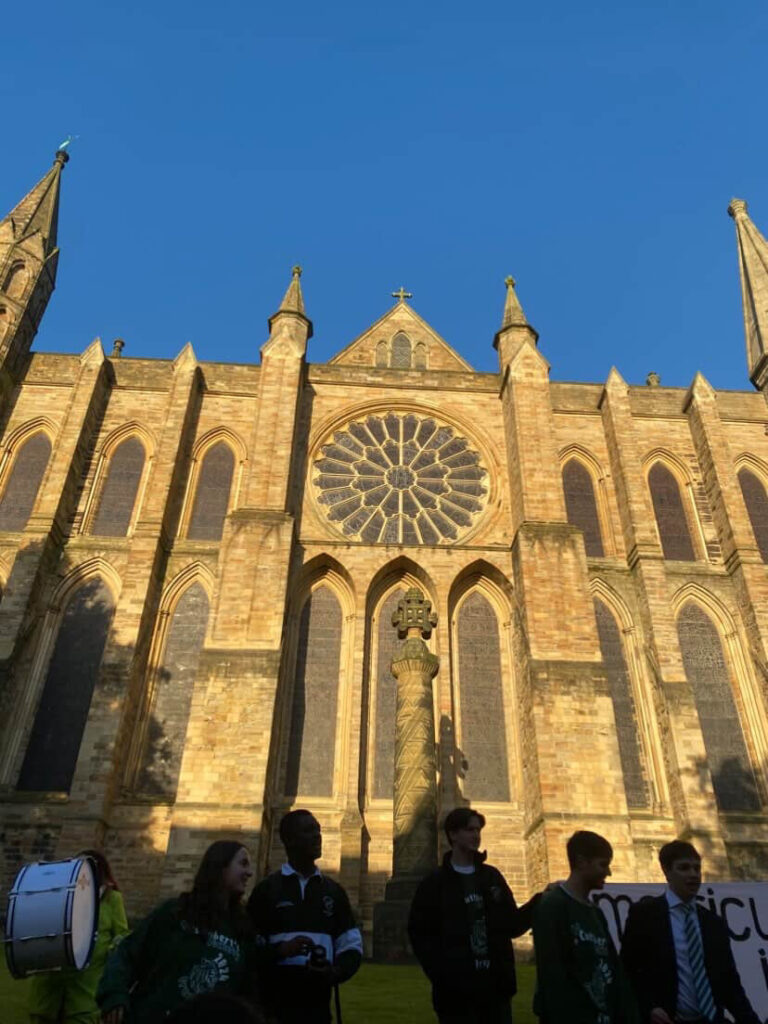Throughout human history, fire has been one of the most sacred and transformative elements. Ancient societies viewed it not merely as a physical force but as a spiritual medium capable of purifying, illuminating, destroying, and connecting the human world with the divine.
Zoroastrianism: The Eternal Flame
In Zoroastrianism, one of the world’s oldest religions, fire symbolizes asha—truth, purity, and divine order. Temples maintain eternal flames tended by priests, representing the presence of Ahura Mazda. Fire rituals serve as acts of spiritual cleansing, reminding followers of the cosmic struggle between good and evil.
Vedic Traditions: Agni as the Messenger of the Gods
In ancient India, Agni—the fire god—played an essential role in daily and ceremonial life. Vedic rituals involved offerings placed into fire so Agni could carry them to the gods. These rites weren’t merely symbolic; they reinforced social order, royal authority, and cosmic harmony.
Fire in Greek and Roman Rituals
Both Greeks and Romans used fire to honor gods, purify spaces, and mark significant transitions. Votive fires burned in temples, including the sacred flame of Hestia/Vesta, which represented the heart of the household and the state.
Funeral pyres also held symbolic weight, releasing the soul from the body and guiding it toward the afterlife.
Celtic Fire Festivals
The Celts held seasonal fire festivals such as Samhain and Beltane. Bonfires were believed to protect communities, bless livestock, and open pathways to the spirit world. People leapt over flames for purification and good fortune.
Universal Symbolism
Across cultures, fire represented:
Renewal
Transformation
Divine presence
Purification
Light overcoming darkness
Even today, candles in churches, temples, and ceremonies continue this ancient tradition.







